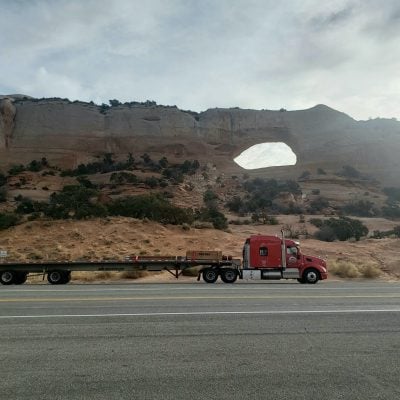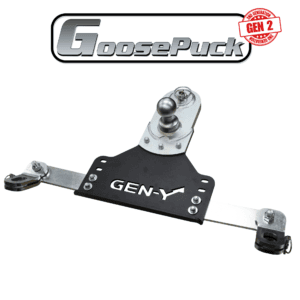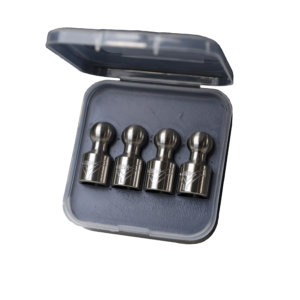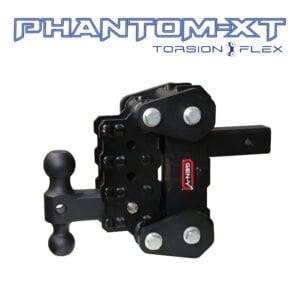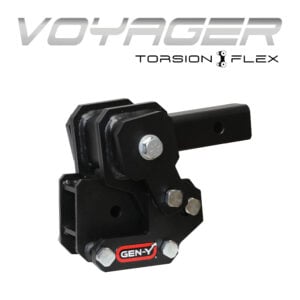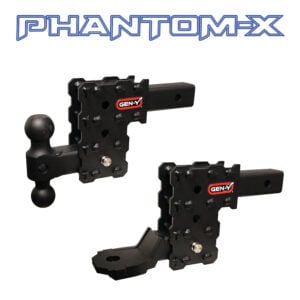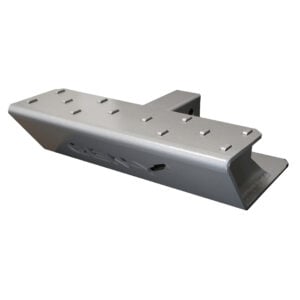Heavy-duty towing is critical to moving large and heavy vehicles and equipment, whether a semi-truck finds itself stranded on the side of the highway or a construction vehicle needs transportation to a job site. But what exactly is heavy-duty towing, and how does it differ from conventional towing methods? In this article, we will explore the world of heavy-duty towing.
What is Considered Heavy-Duty Towing?
Heavy-duty towing refers to transporting large and heavy vehicles or equipment that conventional towing methods cannot move. These vehicles include semi-trucks, buses, RVs, construction equipment, and other heavy-duty vehicles.
Heavy-duty towing requires specialized equipment, such as tow trucks, flatbed trailers, and specialized rigging and lifting equipment. These tow trucks are designed to handle the weight and size of heavy-duty vehicles and equipment.
Heavy-duty towing services may be necessary for various reasons, such as recovering a disabled vehicle, transporting equipment to a job site, or relocating a car for repair or maintenance. These services are typically provided by towing companies or specialized heavy-duty towing companies with the equipment and expertise to handle these vehicles and equipment.
How Do You Know You Are Towing Too Much Weight?
Knowing if you are towing too much weight is crucial to ensure the safety of yourself, your passengers, and other drivers on the road. Here are some signs to watch out for to determine whether or not you are towing too much weight.
If you are having difficulty accelerating or your vehicle struggles to maintain a consistent speed, it could be a sign that you are towing too much weight. Furthermore, if your trailer is swaying or fish-tailing behind you, it is a sign that the weight distribution may be off, or you could be towing too much weight. If your engine or transmission is overheating, it could be a sign that you are overworking your vehicle by pulling too much weight.
If it takes longer than usual to stop your vehicle, it could be a sign that you are towing too much weight and your brakes are struggling to handle it. On top of that, if you notice excessive wear and tear on your vehicle’s tires, suspension, or other components, your load is likely too heavy.
What Happens if You Go Over Towing Capacity?
Towing a load that exceeds your vehicle’s towing capacity can cause your car to become unstable, making it harder to control. An uncontrolled vehicle leads to accidents, particularly when driving at high speeds or in adverse weather conditions.
Exceeding your vehicle’s towing capacity can significantly strain the engine, transmission, brakes, and other components, resulting in overheating, transmission failure, and other mechanical problems that can be expensive to repair.
Additionally, towing more weight than your vehicle can handle can cause excessive wear and tear on your tires, suspension, and other components. Premature failure of these parts requires costly repairs or replacements.
What is the Best Hitch for Heavy-Duty Towing?
One of the best hitches you can get for heavy-duty towing is the Mega-Duty! GEN-Y’s Mega-Duty Adjustable Drop Hitches start at 10,000 LB towing capacity and go up to 32,000 LB towing capacity. There are multiple drop options, depending on your trailer towing needs.
If the Mega-Duty trailer hitch is not your speed, consider the Fifth Wheel (Torsion-Flex) hitch!
This hitch is especially beneficial on larger fifth-wheel trailers and toy haulers; the Executive Torsion-Flex pin box and 5th wheel to goose-neck ball conversion will significantly improve your ride’s quality while improving your gas mileage.
Let Us Help!
Gen-Y Hitch exists to better the lives of our customers, dealers, vendors, employees, and the automotive industry. We will always put our customers’ needs ahead of our own. Contact us today, and let us help you!


